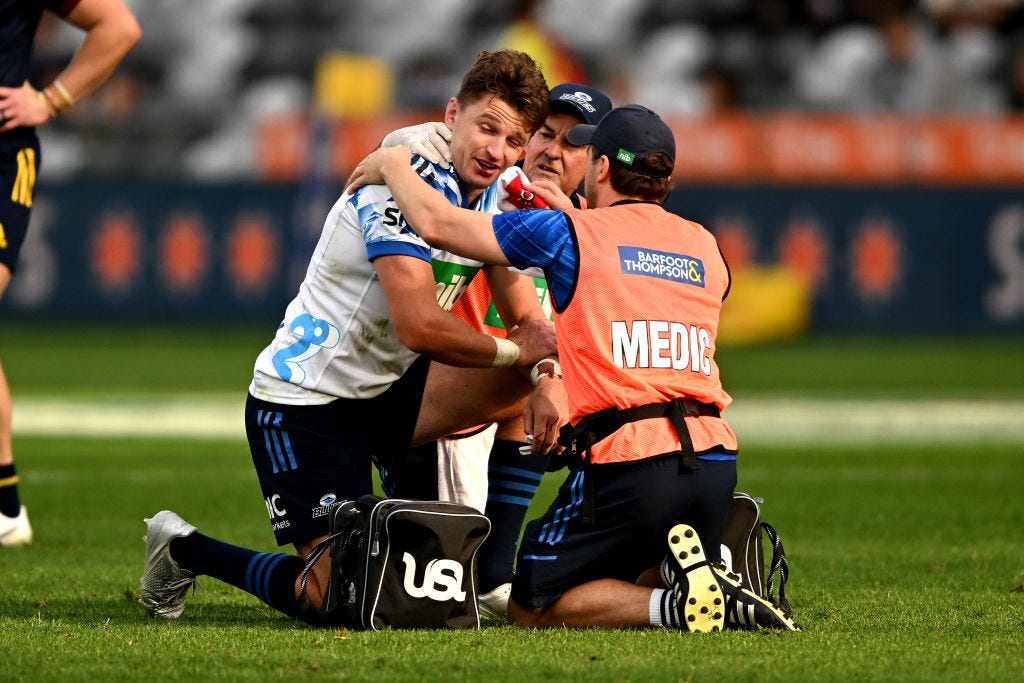The sporting weekend with something for everyone
High drama in Super Rugby, in the CWC, in F1, in AFL - not so much the Warriors.

Despite the stop-start and generally shambolic nature of Super Rugby Pacific, it managed to throw up a genuinely fascinating weekend of footy.
From the imaginative camera angles to try to trick up crowds - the Otago student body hasn't had this much co…
Keep reading with a 7-day free trial
Subscribe to The Bounce to keep reading this post and get 7 days of free access to the full post archives.



